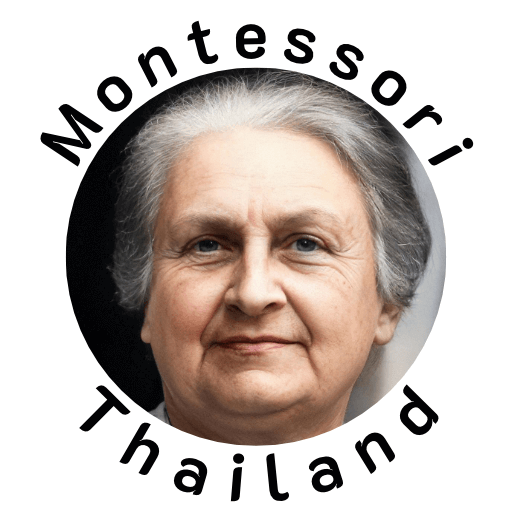![Reading Comprehension (Montessori) Reading Comprehension (Montessori)]()
by MontessoriX | 1 Aug 2023 | Glossary
Reading comprehension, or the ability to understand and interpret written language, is a critical skill that enables children to process information, make sense of complex ideas, and participate fully in academic environments. Montessori education approaches reading...
![Psychic Embryo (Montessori) Psychic Embryo (Montessori)]()
by MontessoriX | 1 Aug 2023 | Glossary
In Montessori education, the term Psychic Embryo refers to the concept that the first three years of a child’s life is a period of mental development that parallels the physical development that occurs during the nine months of...
![Primary Classroom (Montessori) Primary Classroom (Montessori)]()
by MontessoriX | 1 Aug 2023 | Glossary
In the Montessori approach, the Primary Classroom caters to children between the ages of three and six years. It typically encompasses preschool and kindergarten-aged children[1]. This multi-age grouping allows for a family-like environment in which younger...
![Prepared Environment (Montessori) Prepared Environment (Montessori)]()
by MontessoriX | 1 Aug 2023 | Glossary
In Montessori education, the Prepared Environment refers to a setting designed to facilitate independent learning and exploration by the child.[1] The environment, prepared by the adult, contains only the essential materials and tools for optimal...
![Phonological Awareness (Montessori) Phonological Awareness (Montessori)]()
by MontessoriX | 1 Aug 2023 | Glossary
Phonological awareness is a critical skill that children develop in the early stages of learning to read and write. In a Montessori setting, explicit phonological awareness instruction is a key aspect of the curriculum, aiding the transition from oral language to...






